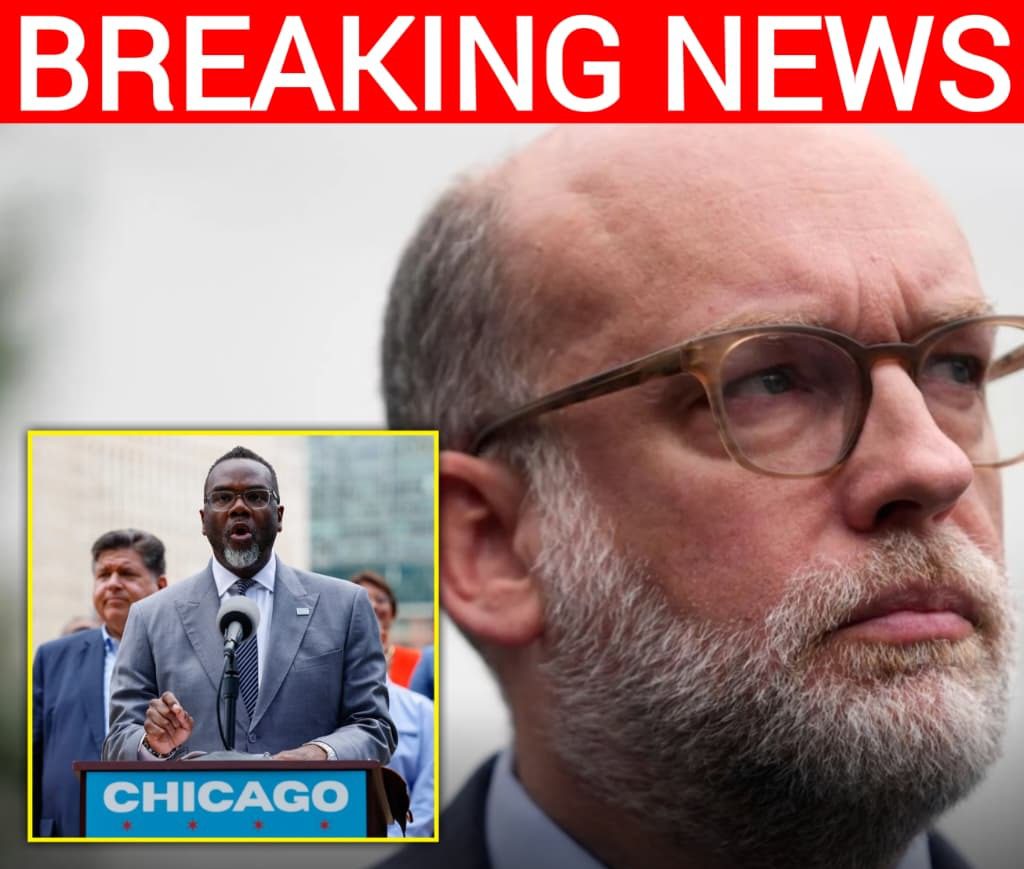OMB Director Russ Vought Freezes $2.1 Billion in Chicago Infrastructure Funds Amid Shutdown, Leaving Mayor Brandon Johnson Scrambling
Politics and money have always collided in ways that ripple far beyond Washington, and the latest clash has landed squarely in Chicago. OMB Director Russ Vought has announced that $2.1 billion in federal funding earmarked for the city’s infrastructure projects will be frozen, a move that instantly puts the brakes on ambitious plans like the Red Line Extension and other modernization efforts. For a city already facing financial pressure and deeply reliant on federal dollars to keep momentum alive, the decision hits like a sudden storm.
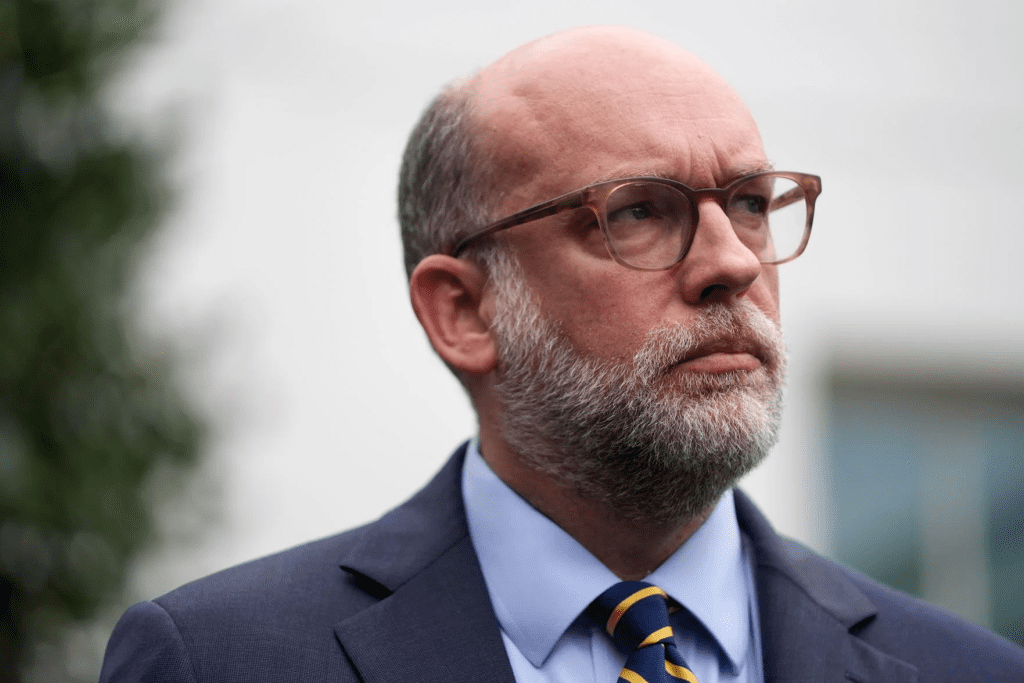
The freeze comes as part of a broader standoff during the government shutdown that began on October 1, 2025. Senate Democrats and Republicans failed to move forward on a spending bill, and the ripple effects are being felt in cities across America. But Chicago, often framed as a Democratic stronghold, has become a particular focal point in this battle. Russ Vought made it clear that his reasoning ties back to ensuring federal dollars do not flow through what he described as “race-based contracting,” invoking a Trump-era rule that bars race and sex-based preferences in federal contracts. In his view, this freeze is about oversight and fairness, though the timing and scale make it impossible to ignore the political undertones.
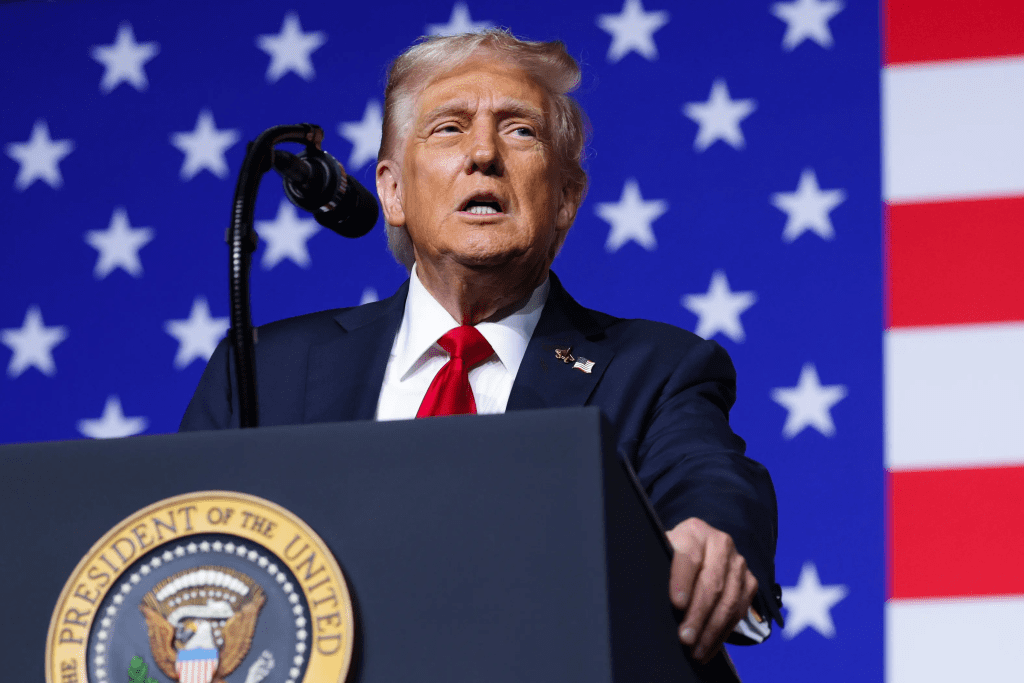
Mayor Brandon Johnson, a Democrat, has now been thrust into the spotlight with the pressure of immediate delays looming over projects that were set to transform parts of Chicago. The Red Line Extension, in particular, was seen as a historic investment that promised to connect underserved communities to the heart of the city. For many residents, it was not just about transportation—it was about opportunity, equity, and bridging decades of neglect. Now, that vision is on hold, tangled in a fight far beyond Chicago’s borders.
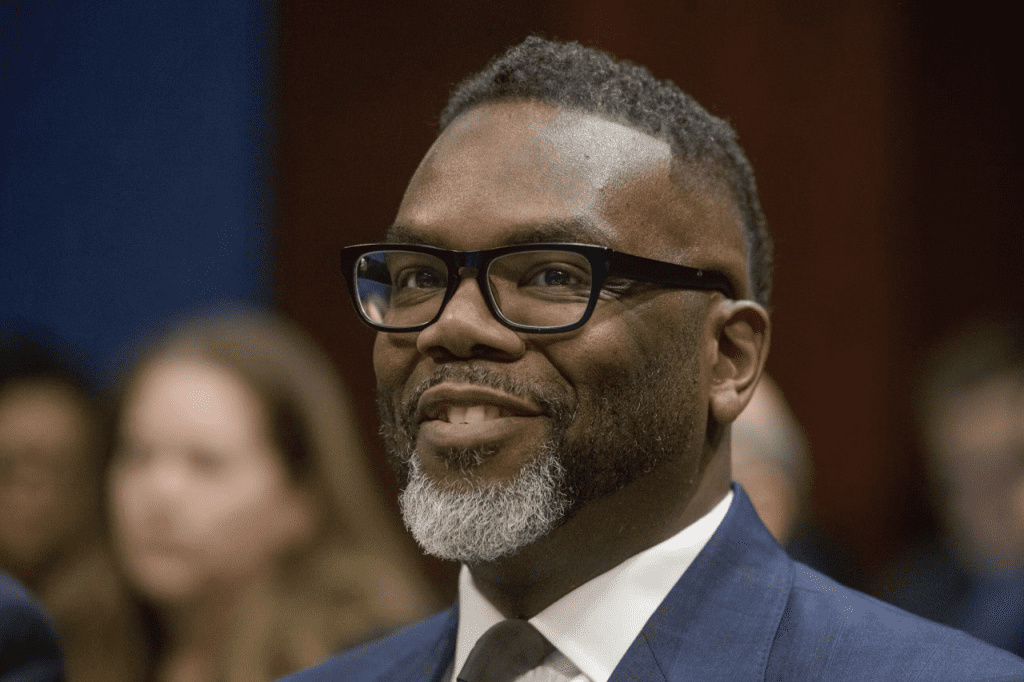
What makes this moment striking is how infrastructure, something so tangible and rooted in everyday lives, becomes a pawn in high-level political disputes. For construction workers who were ready to break ground, for families who believed the new transit lines would shorten commutes and open up job access, and for local businesses expecting an economic lift, the freeze feels personal. Billions of dollars may sound like abstract budget numbers in Washington, but in Chicago, it is about jobs, neighborhoods, and the promise of progress.
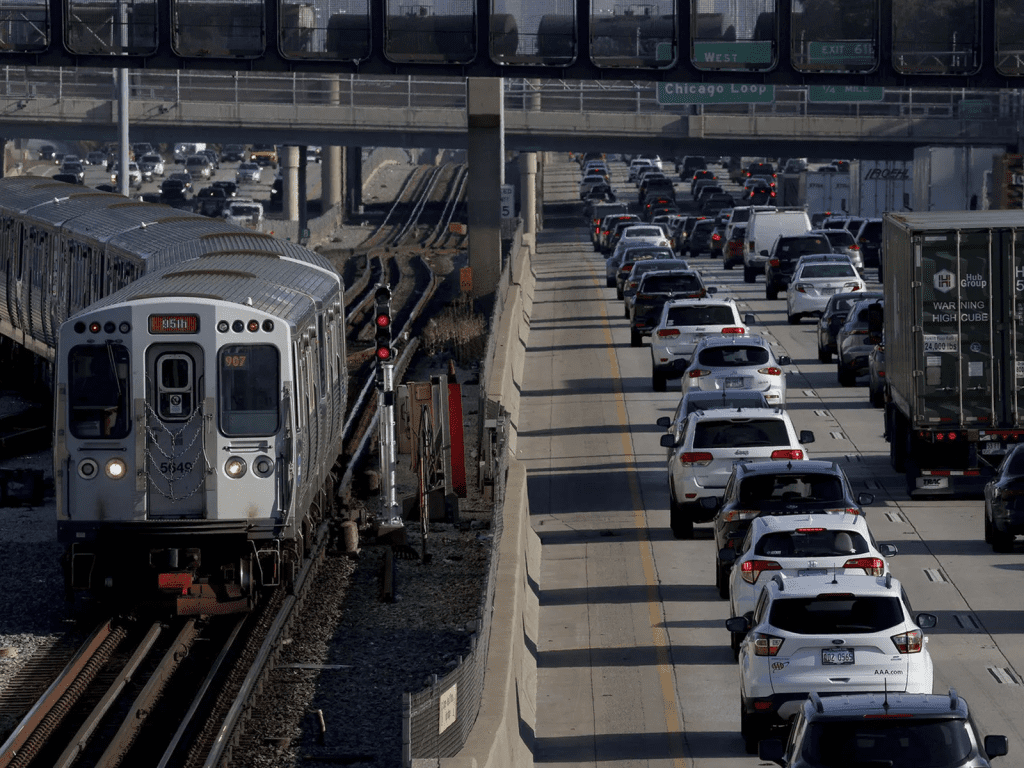
The decision also highlights the tension between federal oversight and local governance. On one hand, the administration argues it is preventing misuse of funds and ensuring compliance with federal rules. On the other, local leaders see it as an unnecessary chokehold that undermines city growth. For Johnson, it’s a test of leadership and resilience, forcing him to confront the reality that even the most carefully laid local plans can be unraveled in an instant by national politics.
Chicago has weathered crises before, from financial shortfalls to political scandals, but infrastructure has long been a unifying point for hope and renewal. Now, residents are left to wonder if partisan fights in Washington will keep derailing those hopes. It is not just about rails and concrete—it is about the lives built around them. The frozen $2.1 billion is more than a budget line. It is a symbol of the ongoing tug-of-war between ideology and everyday necessity, leaving Chicago in limbo at a time when it was desperately looking forward.
